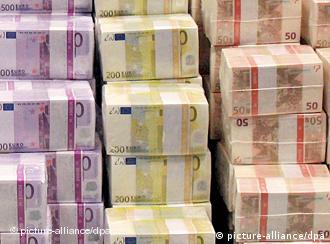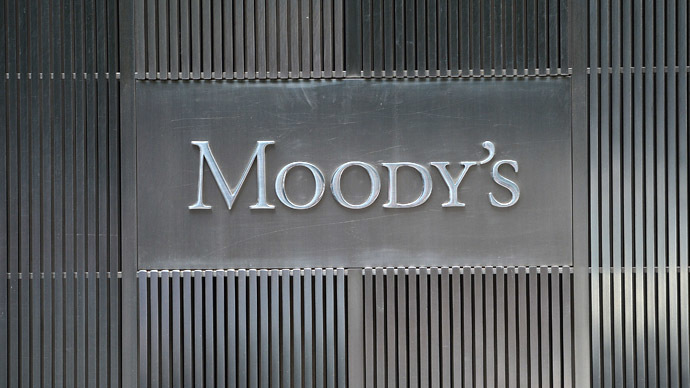The European Central Bank last week indicated that it is
leaning toward more quantitative easing if the euro-zone recovery shows signs
of faltering.
In language that was unusually blunt, ECB President Mario
Draghi said at a press conference following a regular monthly meeting that the
central bank would maintain its loose monetary policies, in contrast to the
Federal Reserve, and was ready to "take further decisive action if
required." Although the European Central Bank kept its key lending rate at
0.25%, Draghi's remarks were widely construed as loud verbal intervention.

The euro responded by dipping below $1.36. It traded at
$1.359 at midday Friday, down 1.1% since the beginning of 2014. Most currency
strategists expect the common currency to lose value against the dollar in
2014.
Observers expect some sort of modest policy easing around
the end of the first quarter, triggered by tightening in financial markets or
fears of inflation. Any move could come sooner rather than later, as the ECB
attempts to decouple euro-area rates from a prospective rally in the U.S.,
where the Fed announced in December that it would begin tapering its bond-buying
in January.
Falling inflation is a huge worry for the ECB. If weak
prices begin to tumble further, deflation could become self-fulfilling. What
measures the central bank might use remain to be seen, but more long-term
refinancing operations or negative interest rates might not be the weapons of
choice. Instead, it could opt for some sort of asset purchases that would
rekindle bank lending, such as buying securities backed by loans to small
businesses. But the central bank is keen to stress that all options are open.
Investors snapped up Irish 10-year bonds last week, sparking
a flurry of issues from other countries at the periphery of the euro zone. But
the enthusiastic response masks worries about member governments' long-term
financial health. In part, the warm welcome reflects the progress made by some
troubled euro-zone nations in repairing their economies from the devastating
effects of the sovereign-debt crisis. More telling, though, is the volume of
investment sloshing around Europe's fixed-income markets and the elusive search
for compelling yields.

